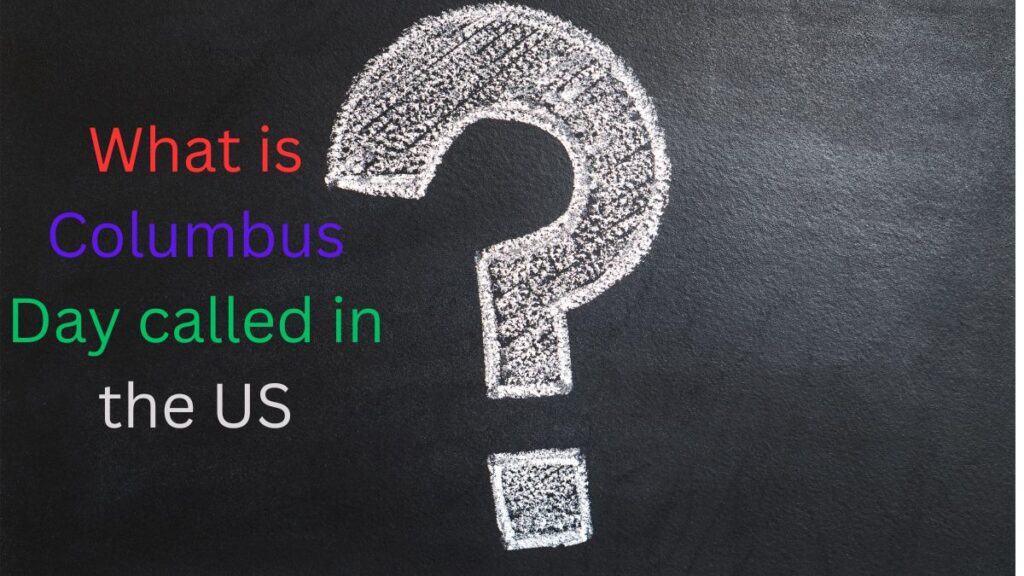On October 12, 1937, Columbus Day, a federal holiday in the United States, was first recognized. In honor of Christopher Columbus’ landing in the Americas in 1492, it was established. The original purpose of the celebration was to honor Italian-American ancestry because Columbus was an Italian explorer who traveled under Spanish rule.
Nonetheless, since its beginning, Columbus Day has been a contentious holiday.
Although it was meant to commemorate Columbus’s momentous journey, it also failed to acknowledge the terrible effects of his landing on the native Americans. Following Columbus’s discovery, numerous Native American tribes were genocided, their civilizations were destroyed, and their territories were stolen as a result of European colonization.
Native Americans’ Day’s Ascent
Indigenous Peoples’ Day is being proposed as a replacement for Columbus Day in the last several years.
In addition to acknowledging the historical injustices experienced by Native Americans, this movement aims to recognize their contributions to American society. Indigenous Peoples’ Day honors Native Americans and other Indigenous peoples who live throughout the Americas and their diverse cultures, customs, and tenacity.
Indigenous Peoples’ Day was first formally recognized in 1992 when Berkeley, California, designated October 12 as “Indigenous Peoples’ Day.”
Many other states, cities, and organizations have now adopted similar policies. 17 states and more than 500 communities will have formally observed Indigenous Peoples’ Day by 2024.
Table of Contents
The Debate Over Columbus Day
The argument between Indigenous Peoples’ Day and Columbus Day is intricate and multidimensional.
Columbus Day proponents contend that it honors the exploration and discovery of Europe. They emphasize how Columbus’s exploration of the Americas created new commercial routes and facilitated the flow of goods and ideas between Europe and the Americas.
Columbus Day’s detractors counter that it honors a historical person who was instrumental in the erasure of Native Americans.
They argue that the celebration represents tyranny and colonialism.
The Future of Columbus Day
Columbus Day’s future is unknown. Even though it’s still a federal holiday, Indigenous Peoples’ Day is gaining traction, so it might someday take its place.
The choice of whether or not to keep commemorating Columbus Day is a difficult one that will have a big impact on how people view American history.
The decision to observe Indigenous Peoples’ Day or Columbus Day ultimately comes down to personal beliefs and viewpoints. We can make great progress toward creating a more just and equitable country by acknowledging the past injustices experienced by Native Americans and celebrating their contributions to American culture.

